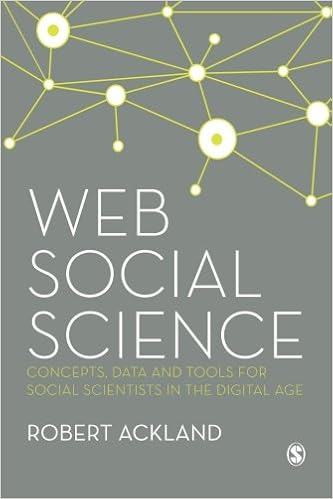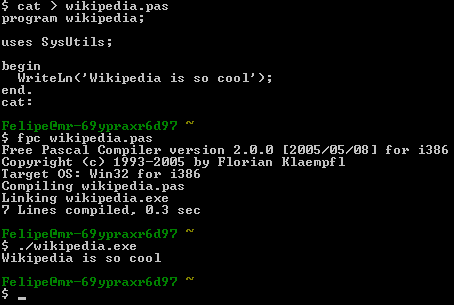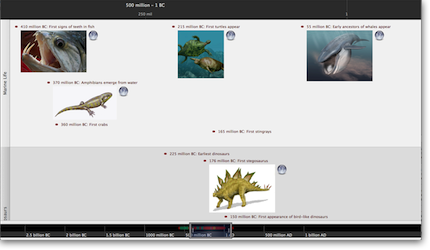I sat through a teaching session with some children this week, in what was an eye-wateringly bad, cringeworthy, accessibility-worst-case scenario. And a few basic principles popped into my head while I watched the speaker shame and marginalise children who were desperately trying to find ways to engage with the material and show their enthusiasm for the topic.
- Cut your one hour talk into 5 minute pieces
- Is there seating?
- Will ambient noise in the room be amplified or dampened by acoustics?
- How can you share information through discussion and mutual exploration?
- Assume you will be interrupted, how can you plan so that interruptions will not feel to you as facilitator and powerful-person-in-the-room like a challenge but a form of eager interested participation
- Members of your audience may assume that you don’t want to hear from them. How can you show that this will be different from other lectures they’ve attended?
- Your participants may need to fidget. If you expect them to be still it will be oppressive for them. How can you create opportunities for motion?
- How are you accommodating a person who can’t process auditory information?
- Some people may participate differently – shaming people for not holding up their hands or participating in conventional ways is cruel.

 If you want to get the big overview, I’d recommend you start with Robert Ackland’s recent book,
If you want to get the big overview, I’d recommend you start with Robert Ackland’s recent book, 

